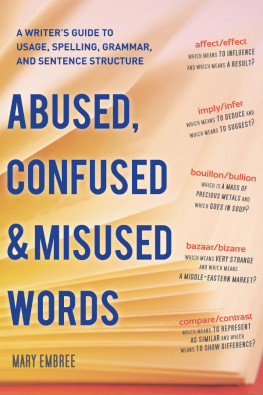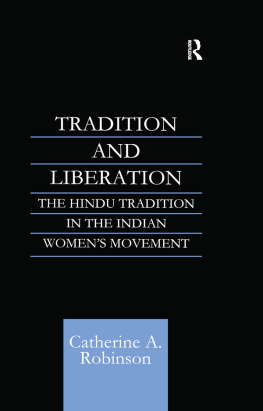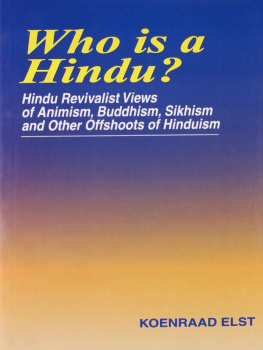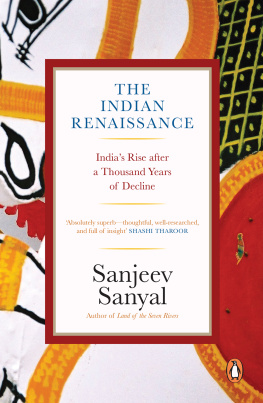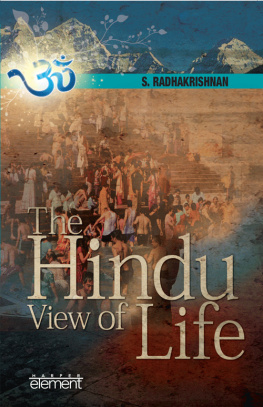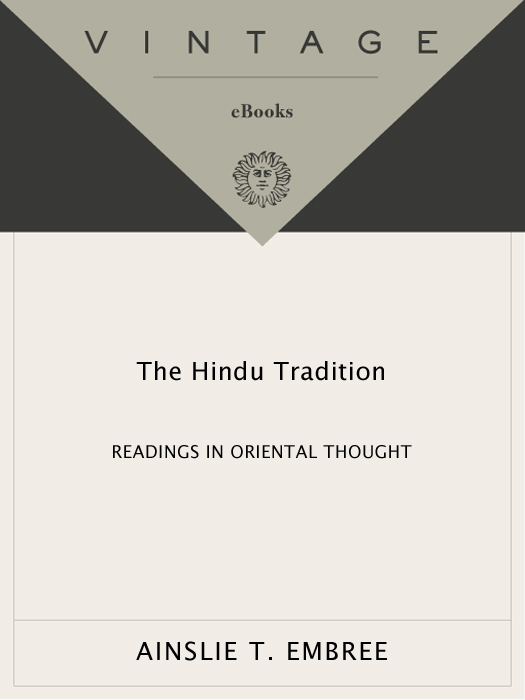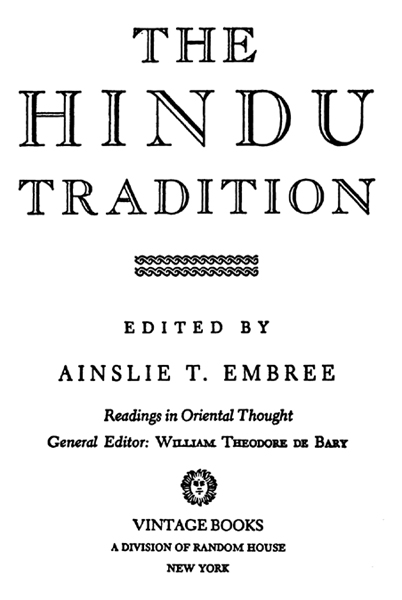VINTAGE BOOKS EDITION, FEBRUARY 1972
Copyright 1966 by Random House, Inc.
All rights reserved under International and Pan-American Copyright Conventions. Published in the United States by Random House, Inc., New York, and simultaneously in Canada by Random House of Canada Limited, Toronto. Originally published by The Modern Library in 1966.
eISBN: 978-0-307-77909-0
Library of Congress Catalog Card Number: 66-13011
Acknowledgments for material used in this volume appear on the following page.
v3.1
ACKNOWLEDGMENTS
The editor wishes to thank the following for permission to reprint material included in this volume:
George Allen & Unwin Ltd and The Macmillan CompanyThe Hindu View of Life by S. Radhakrishnan.
Sri Aurobindo AshramThe Life Divine by Aurobindo Ghose.
Bharatiya Vidya BhavanHistory and Culture of the Indian People, Vol. III (The Classical Age), ed. by R. C. Majumdar.
The Bodley Head Ltd and T. Werner LaurieThe Satakas or Wise Sayings by Bhartrihari, trans. by J. M. Kennedy.
The Christian Literature SocietyThe Poems of Tukdrdm, trans. by J. N. Fraser and K. B. Marathe.
The Clarendon Press, OxfordThe Sikh Religion, Vol. I, by M. A. MacAuliffe, Tiruvcagam by Manikkavchakar, trans. by G. U. Pope, Bhagavad Gt, trans. by K. T. Telang in Sacred Books of the East, Vol. VIII, The Vednta Stra with commentary of Rmnuja, trans. by George Thibaut, in Sacred Books of the East, Vol. XLVIII.
Columbia University PressIntroduction to Oriental Civilizations: Sources of the Indian Tradition, ed. by W. T. de Bary, Stephen Hay, Royal Weiler, and Andrew Yarrow (1958).
Narayan DesaiThe Gita According to Gandhi by M. K. Desai.
Ganesan & Co. (Madras) Private Ltd.Writings and Speeches of Bal Gangadhar Tilak.
Kutub Popular Private LimitedGt Govinda by Jayadeva, trans. by George Keyt.
Macmillan & Co. Ltd.Nationalism by Rabndranth Tagore, The Autobiography of Maharishi Devendranath Tagore, trans. by Satyendranth Tagore and Indira Devi.
The Macmillan CompanySongs of Kabr by Rabndranth Tagore. Copyright 1915 by The Macmillan Company, Renewed 1942 by Rathindrinath Tagore.
Lutterworth PressA Sixteenth Century Indian Mystic by W. G. Orr.
Oxford University PressThe Thirteen Principal Upanishads by R. E. Hume.
Philosophical LibraryThe Mahbhrata, trans. by P. C. Roy, ed. by S. C. Nott.
Royal Asiatic SocietyHarsacarita by Bna, trans. by E. B. Cowell & F. W. Thomas.
Shanti SadanRmyana by Valmiki, trans. by Hari Prasad Shastri, Vol. I.
M. S. SrinivasArtha stra by Kautilya, trans. by R. Shamasastry.
The Theosophical Publishing HouseAvatras by Annie Besant.
Vedanta SocietyThe Gospel of Rmakrishna, trans. by M.
YMCA Publishing HouseHymns from the Rigveda by A. A. Macdonnell, and Hymns of the Tamil aivite Saints by F. Kingsbury and G.E. Phillips.
PREFACE
This book is an exploration of the meaning of the Hindu tradition, one of the greatest and most enduring of mankinds many attempts to create an order of existence that would make life both tolerable and meaningful. The physical setting is the land known to the western world since ancient times as India, a word borrowed by the Greeks from the Persians who, because of the difficulty they had with the initial s, called the great Sindhu River (the modern Indus) the Hindu. It was this word that came to be applied by foreigners to the religion and culture of the people who lived in the land watered by the two rivers, the Indus and the Ganges, although the people themselves did not use the term. They had, in fact, no words to describe their religion as distinct from that of others, except those that implied that the way of life known to them and to their fathers was the way of truth. They had, however, a variety of names for their homeland: one, Jambudvpa, indicated it was the land of the rose-apple tree; another, Bhratavarsha, indicated it was the land of the sons of a mighty king. But by whatever name they called it, they regarded their land, as one of the scriptures put it, as the best of the divisions of the world, where gods were glad to be born as mortals, for nowhere else were men so certain of finding the way to the pleasures of Paradise, or ).
The method adopted here for the exploration of the Hindu tradition is to give selections from religious, literary, and philosophic works that express the ideas and values, the unquestioned assumptions and the persistent doubts, that have characterized Indian life for the past three thousand years. This method means that certain important aspects of culture have been excludedany consideration of art and architecture, for example, or any sustained examination of the non-Hindu religions of Indiabut it also means that much has been included. A fundamental feature of the Hindu tradition is that there is no dividing line between sacred and secular, no area of belief or custom that is alien to religious influence. For this reason there are many selections dealing with the ordering of social life and the management of political relationships, as well as a few that express the Hindu attitude to human love and passion. There are, regrettably, few that touch upon the Hindu scientific contribution. The reason is simply that the texts are too technical or too obscure to yield a meaning comprehensible in ordinary literary terms. It is also true that most of the selections come from what is often referred to as the high tradition, the literary and learned stratum of society, as distinct from the Hinduism of the common man, who may know nothing of the great works of classical antiquity. But there are numerous examples of the hymns and devotional songs that provide religious sustenance to all classes, and, furthermore, while the Indian villager may not be familiar with the actual Sanskrit texts, their values permeate his thinking and their stories are part of his everyday life.
The arrangement of the material is chronological, not topical. This arises from the conviction that the richness and complexity of the Hindu tradition can be seen only as an attempt is made to suggest its growth and its development over the centuries. Because of the lack of a clear historical framework, this cannot be done with any assurance of success, but at least it is possible to gain some sense of the vitality of a tradition that has frequently, and erroneously, been described as static.
No claim is made that this book represents what Hindus believe to-day. Since one purpose is to make clear the extraordinary diversity of Hindu belief, such a claim would be useless. Yet though the emphasis is on the past, the Hindu tradition is to-day living and vibrantmore so, perhaps, than it has been for two hundred yearsand its roots are assuredly in the values and ideals of the great religious and literary works.
In editing a book of this kind, ones debts are so many and so obvious as scarcely to need acknowledgment The greatest debt, however, is to William Theodore de Bary and his co-workers, particularly Royal Weiler and Stephen Hay, who produced Sources of Indian Tradition (Columbia University Press). Not only have many translations been taken from that work, but it has been used as a guide for both fact and interpretation. I am responsible, however, for all the statements made in the introductions and headings to the selections.


